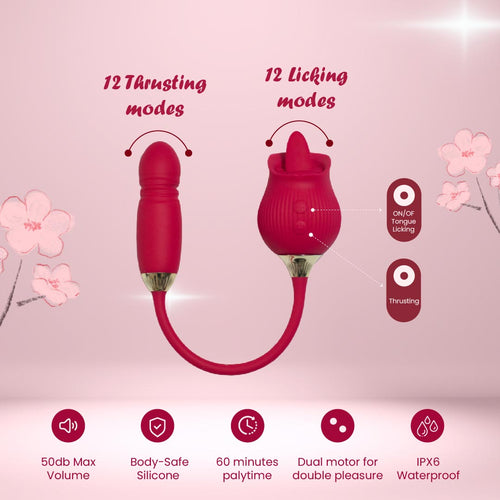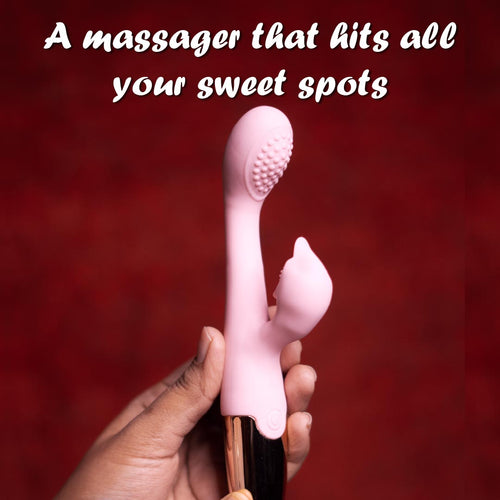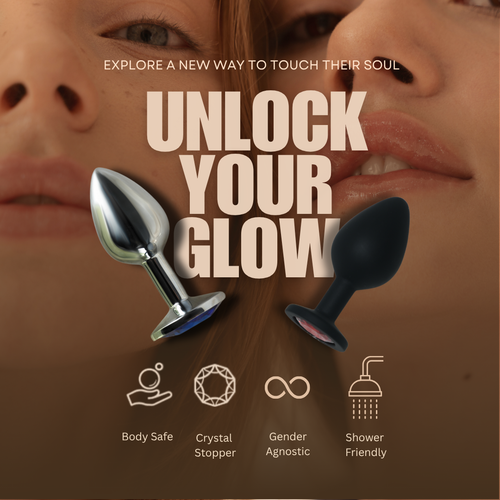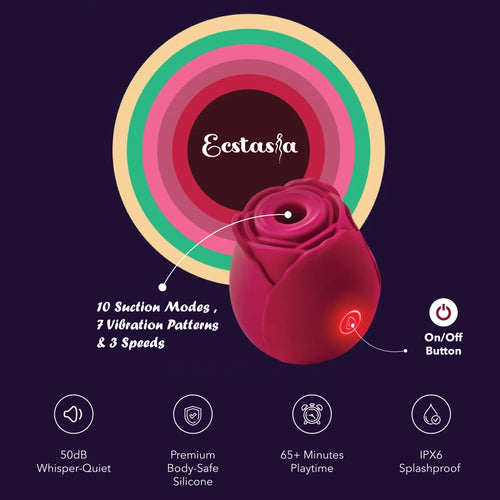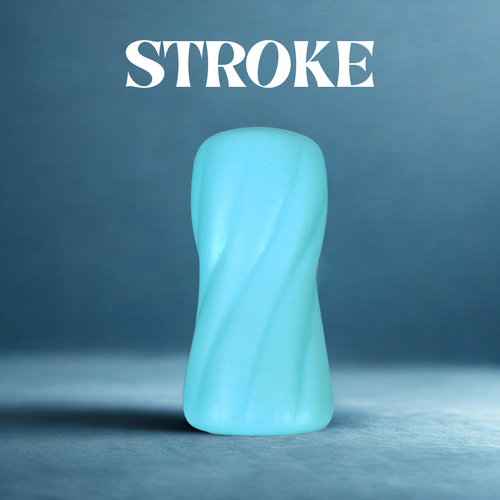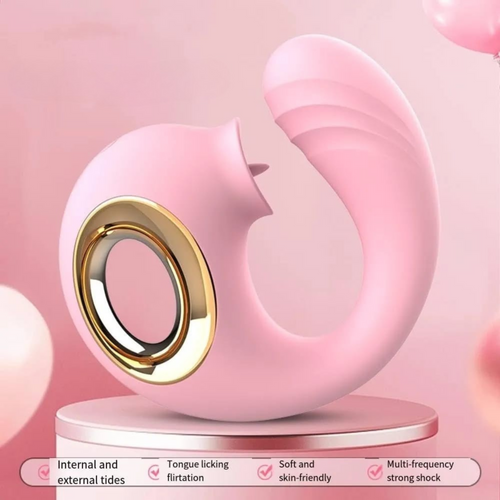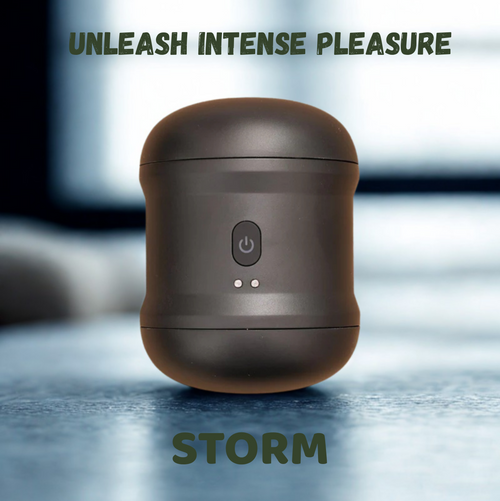
Can Masturbation Help With Anxiety or Sleep?
Stress, Sleep, and Self-Exploration: Can Masturbation Help with Anxiety or Sleep?
Introduction
Have you ever found yourself tossing and turning at night, unable to silence a racing mind consumed with the worries of the day? Or perhaps you've noticed an uptick in anxiety that seems to shadow you persistently. Interesting research and personal anecdotes suggest that something as simple and natural as masturbation could potentially play a role in alleviating these issues. In this article, we will explore whether this intimate act can indeed serve as a calming balm for anxiety or a soothing gateway to sleep. We'll delve into the science, the psychology, and some personal insights to uncover the connections within this intriguing topic.
Exploring the Connection Between Masturbation and Anxiety
Biological Underpinnings: The Role of Hormones
When you engage in masturbation, your body undergoes a series of hormonal changes:
- Dopamine Release: This "feel-good" neurotransmitter is released during masturbation, offering a pleasurable sensation that can help alleviate stress.
- Oxytocin Surge: Often dubbed the "love hormone," oxytocin fosters feelings of warmth and relaxation, counteracting stress hormones like cortisol.
- Endorphin Rush: These natural painkillers create a potent sense of well-being.
Each of these hormones contributes to reducing anxiety levels, setting the stage for more profound relaxation and emotional decompression.
Mental Health Perspectives
From a psychological angle, masturbation can serve as:
- A Break from Reality: Engaging in this practice offers a momentary retreat from anxiety-driven thoughts and concerns.
- Self-Care Ritual: Incorporating it as part of self-care routines can enhance self-acceptance and provide a comforting escape.
Anecdotally, people have reported feeling more grounded and emotionally balanced after brief self-intimate sessions, which may explain some psychological benefits in managing anxiety.
Evidence and Expert Opinions
Although studies directly linking masturbation to reduced anxiety are limited, there are related findings that suggest potential benefits:
- Research published in the Journal of Sex & Marital Therapy indicates that sexual activity, including masturbation, might help reduce stress and improve mental well-being.
- Experts in psychology, like Dr. Nicole Prause, have discussed how sexual activity can be a useful tool when managing anxiety, although individual experiences can vary.
While the evidence may be somewhat indirect, the biological and psychological mechanisms suggest a tangible link.
Masturbation's Impact on Sleep Patterns
Sleep-Inducing Chemicals: A Natural Sedative
After reaching orgasm through masturbation, several sleep-promoting chemicals are released:
- Prolactin: Known for its role in sleep regulation, prolactin levels spike post-orgasm, which can help usher in drowsiness.
- Endorphins and Oxytocin: As mentioned earlier, these provide relaxation that can facilitate an easier transition into sleep.
Sleep Study Insights
Some sleep studies propose that sexual climax may enhance sleep quality. Specifically, the post-orgasmic state could support the body's natural sleep-wake cycle, akin to the effects of physical exercise but without the physical exertion.
Nighttime Routine and Sleep Hygiene
Incorporating masturbation as part of a pre-sleep ritual might contribute to:
- Reduced Sleep Latency: Faster time taken to fall asleep due to post-orgasmic relaxation.
- Improved Sleep Quality: Enhanced depth and continuity of sleep through stress reduction and muscle relaxation.
- Addressing Common Concerns and Misconceptions
Are There Negative Effects?
It's important to emphasize moderation; over-reliance on any behavior for anxiety or sleep can be detrimental. Factors to consider include:
- Time and Place: Ensure the practice does not interfere with personal responsibilities or daily life.
- Guilt and Stigma: Cultural or personal beliefs might contribute to guilt; it's crucial to develop a positive and healthy mindset regarding sexual well-being.
Balancing Personal Choices and Needs
Ultimately, every individual is unique. Consider:
- Personal Comfort: Assess your comfort level and desires.
- Mindfulness: Stay aware of your emotional state and use masturbation mindfully as part of your self-care toolkit.
Conclusion
The hormonal cascades and psychological calmness associated with masturbation suggest that it could indeed serve as a practical remedy for anxiety and a somnolent boost for better sleep. Yet, personal comfort and balance are vital. As you explore this topic more deeply, keep an open dialogue with yourself about your needs and intentions. Whether or not this practice fits into your routine, acknowledging personal preferences and understanding the potential benefits can lead to improved emotional and physical health.

